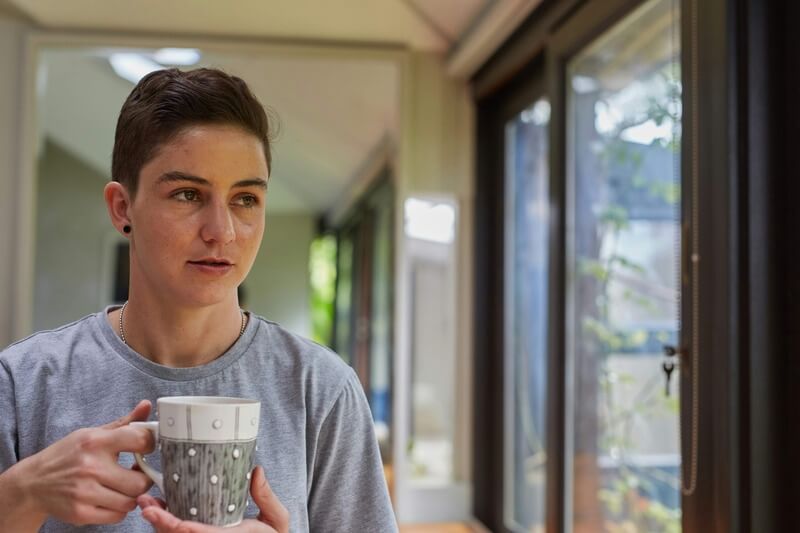The Sylvia Brafman Mental Health Center is a top mental health rehabilitation facility in South Florida, offering a variety of treatment programs, including Intensive Outpatient Programs (IOPs) and Partial Hospitalization Programs (PHPs). Our dedicated team provides specialized counseling and therapy for delusional disorder, ensuring that you receive the support you need on your recovery journey.
As a comprehensive mental health treatment center, we take a unique, holistic approach to care that addresses both the mind and body. If you’re seeking a delusional disorder treatment center in Florida, call us at (877) 958-9212 to schedule a free mental health assessment and verify your insurance.











